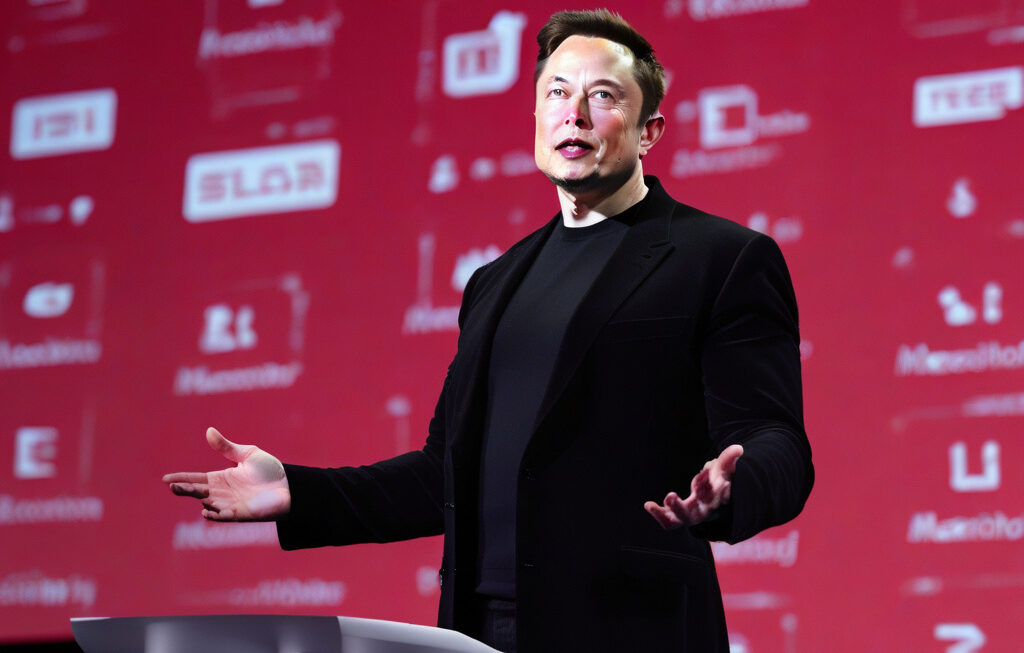WhatsApp Ads Delayed in EU Until 2026: NOYB Accuses Meta of Bypassing EU User Consent Rules
In a recent turn of events, WhatsApp has announced that it will be delaying the rollout of ads on its platform in the European Union until 2026. This decision comes amidst growing concerns about user privacy and data protection, with the European Union taking a firm stance on ensuring that tech companies comply with its regulations.
The delay in introducing ads on WhatsApp in the EU can be attributed to the pressure exerted by organizations such as NOYB (None of Your Business), which has accused Meta, the parent company of WhatsApp, of bypassing EU user consent rules. NOYB, founded by privacy activist Max Schrems, has been at the forefront of holding tech giants accountable for their data practices and ensuring that user privacy is not compromised.
WhatsApp, which has long been known for its end-to-end encryption and commitment to user privacy, has been under scrutiny ever since it was acquired by Meta. The social media giant has been looking for ways to monetize WhatsApp, and introducing ads on the platform seemed like a logical step. However, with the EU’s strict data protection laws, Meta has had to reassess its strategy and delay the implementation of ads to ensure compliance with regulations.
The issue at hand revolves around user consent and how it is obtained for targeted advertising. Under the EU’s General Data Protection Regulation (GDPR), companies are required to obtain explicit consent from users before using their personal data for advertising purposes. NOYB alleges that Meta was planning to use WhatsApp users’ data for targeted ads without proper consent, which goes against the GDPR.
By delaying the introduction of ads on WhatsApp in the EU until 2026, Meta is buying time to address the concerns raised by privacy advocates and regulatory authorities. The company will need to come up with a solution that respects users’ privacy rights while also allowing for targeted advertising on the platform. This delicate balance is crucial for Meta to maintain the trust of WhatsApp users and avoid facing hefty fines for non-compliance with EU regulations.
The case of WhatsApp ads being delayed in the EU serves as a reminder of the importance of upholding user privacy in the digital age. As tech companies continue to find ways to monetize their platforms, they must not lose sight of the need to protect user data and ensure that it is handled responsibly. Organizations like NOYB play a crucial role in holding companies accountable and advocating for stronger data protection laws to safeguard user privacy.
In conclusion, the delay in introducing ads on WhatsApp in the EU until 2026 is a significant development that highlights the complexities of balancing business interests with user privacy rights. Meta’s response to the accusations made by NOYB will be closely watched, as it has implications not only for WhatsApp users in the EU but also for data protection regulations worldwide.
privacy, data protection, WhatsApp, Meta, EU regulations












